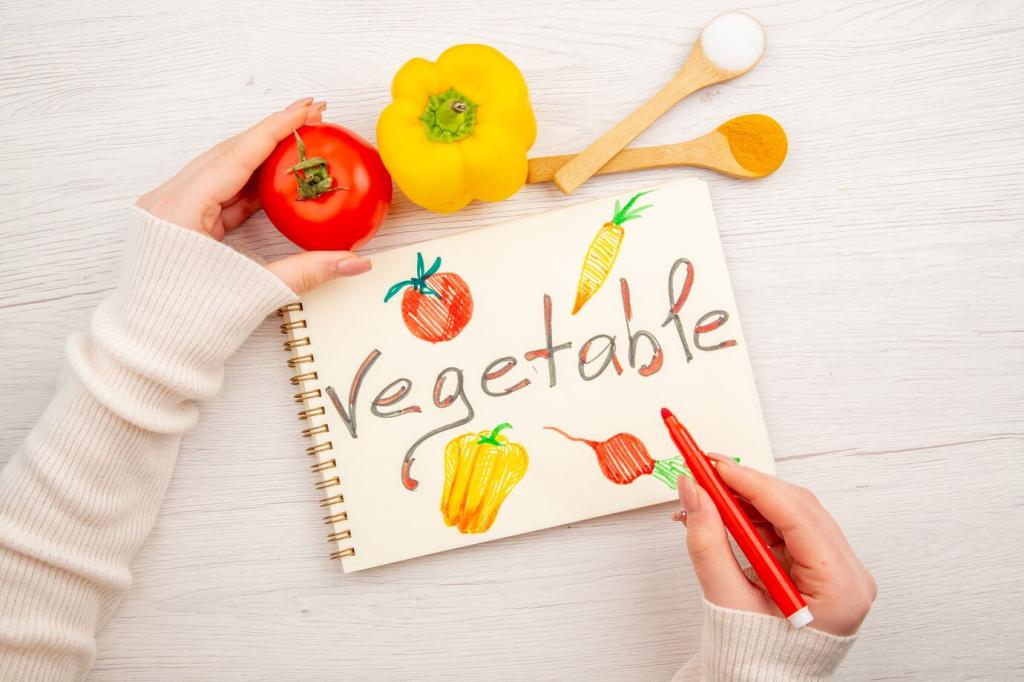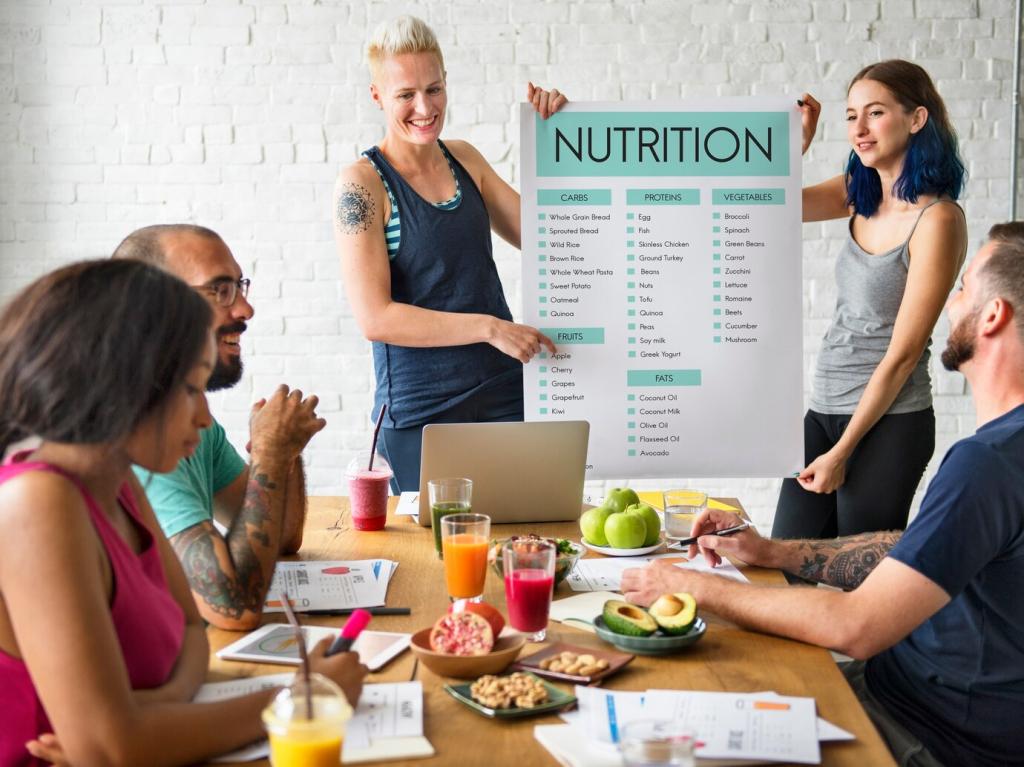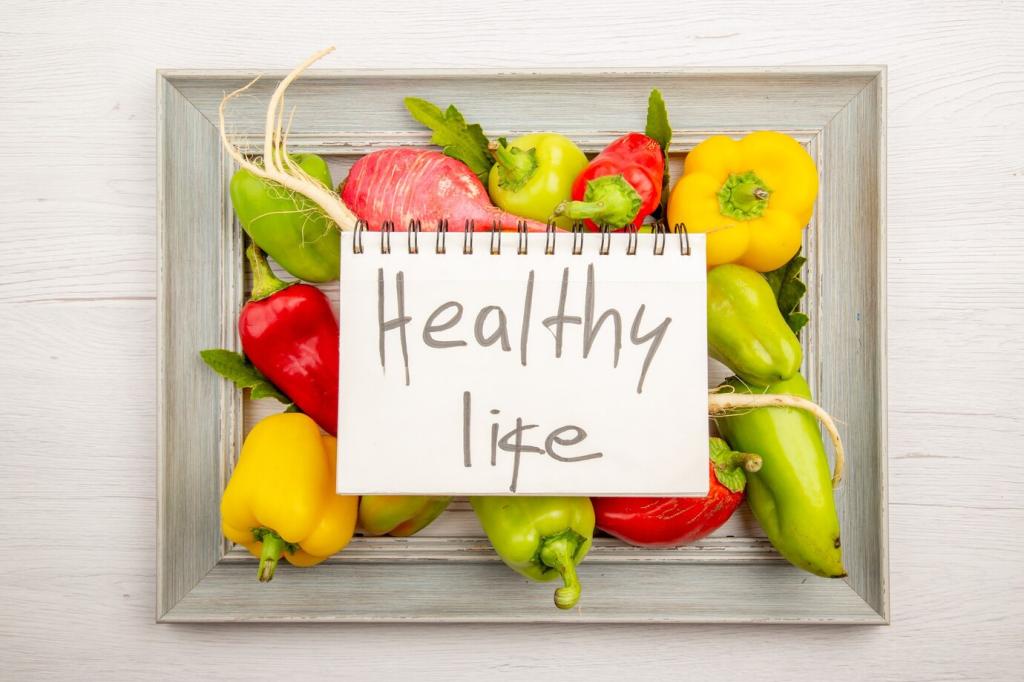Creating a Balanced Vegan Diet for Fitness
Understanding Macronutrients for Active Vegans
01
For those engaged in regular physical activity, carbohydrates are essential as the body’s preferred fuel. On a vegan diet, complex carbs like quinoa, oats, brown rice, and sweet potatoes are excellent sources, providing steady energy and replenishing glycogen stores. Leveraging a diverse array of whole grains, legumes, fruits, and vegetables ensures adequate fiber, phytonutrients, and sustained energy release. By prioritizing high-quality carbohydrates, active vegans can support intense workouts, maintain endurance, and speed up post-exercise recovery, all while keeping energy levels stable throughout the day.
02
Meeting protein needs is vital for muscle repair and growth, especially in a fitness-focused lifestyle. Although animal products are popular sources of protein, a variety of legumes, tofu, tempeh, edamame, lentils, and quinoa can effectively meet the needs of vegan athletes. Mixing protein sources over the course of the day helps ensure all essential amino acids are consumed for optimal tissue building and recovery. Don’t underestimate nuts and seeds as protein contributors; their inclusion aids overall dietary diversity and nutritional completeness while contributing healthy fats. Consistent attention to protein-rich plant foods supports muscle strength, tone, and resilience.
03
Healthy fats play a crucial role in hormone regulation, energy storage, and the absorption of fat-soluble vitamins. Sources like avocados, nuts, seeds, flaxseed oil, and olive oil are rich in mono- and polyunsaturated fats necessary for overall well-being and physical performance. For fitness enthusiasts, integrating omega-3 fatty acid sources such as chia seeds, hemp seeds, and walnuts helps combat inflammation and promote joint health. Vegan athletes should ensure regular intake of these fat-rich foods, as they support cognitive function, cardiovascular fitness, and a smoother recovery process after intense training sessions.
Micronutrient Essentials on a Vegan Fitness Diet
Vitamin B12 is essential for red blood cell production, nerve function, and energy metabolism, yet it is not naturally present in plant foods. Vegans must be diligent in obtaining B12 from fortified foods—such as plant milks, cereals, and nutritional yeast—or through a reliable supplement. Deficiency can lead to fatigue, neurological impairment, and reduced exercise capacity, making consistent B12 intake non-negotiable. Regular monitoring and prioritization of B12 sources keep energy levels high and neurological function intact, empowering sustained athletic performance and ongoing health.


Pre-Workout Nutrition Strategies
What you eat before exercising greatly influences your energy, stamina, and performance. A well-composed pre-workout meal for vegans should prioritize easily digestible carbohydrates for quick energy, moderate protein, and minimal fat to avoid gastrointestinal discomfort. Bananas with nut butter, oatmeal with berries, or whole-grain toast with hummus are practical examples that deliver sustained fuel. Timing is also important; consuming your meal one to three hours before training allows for optimal digestion and energy availability, setting the stage for a strong, focused workout.

Post-Workout Recovery Meals
Recovery meals are critical for replenishing glycogen, repairing muscle tissue, and kickstarting the rebuilding process after physical exertion. Ideally, a post-workout vegan meal will combine high-quality carbohydrates and complete or complementary plant proteins, such as a chickpea and quinoa salad or a smoothie with spinach, pea protein, and mango. Including antioxidant-rich fruits and vegetables accelerates recovery by combating oxidative stress and inflammation. Eating within an hour or two post-exercise maximizes these benefits, enabling you to bounce back quickly and continue making progress towards your fitness goals.

Daily Meal Planning for Ongoing Progress
Day-to-day consistency in meal composition ensures vegans meet the nutrient demands imposed by their active lifestyles. Begin each day with a nourishing breakfast, rotate diverse proteins at lunch and dinner, and incorporate snacks that blend macronutrients—such as trail mix or veggie sticks with hummus. Prioritize eating a colorful array of fruits and vegetables, and include fortified foods or supplements for nutrients that may be challenging to obtain from plants alone. Meal prepping ahead of time removes guesswork and makes it easier to stick to your fitness-focused vegan diet, ensuring results are sustained and improvements continue.
